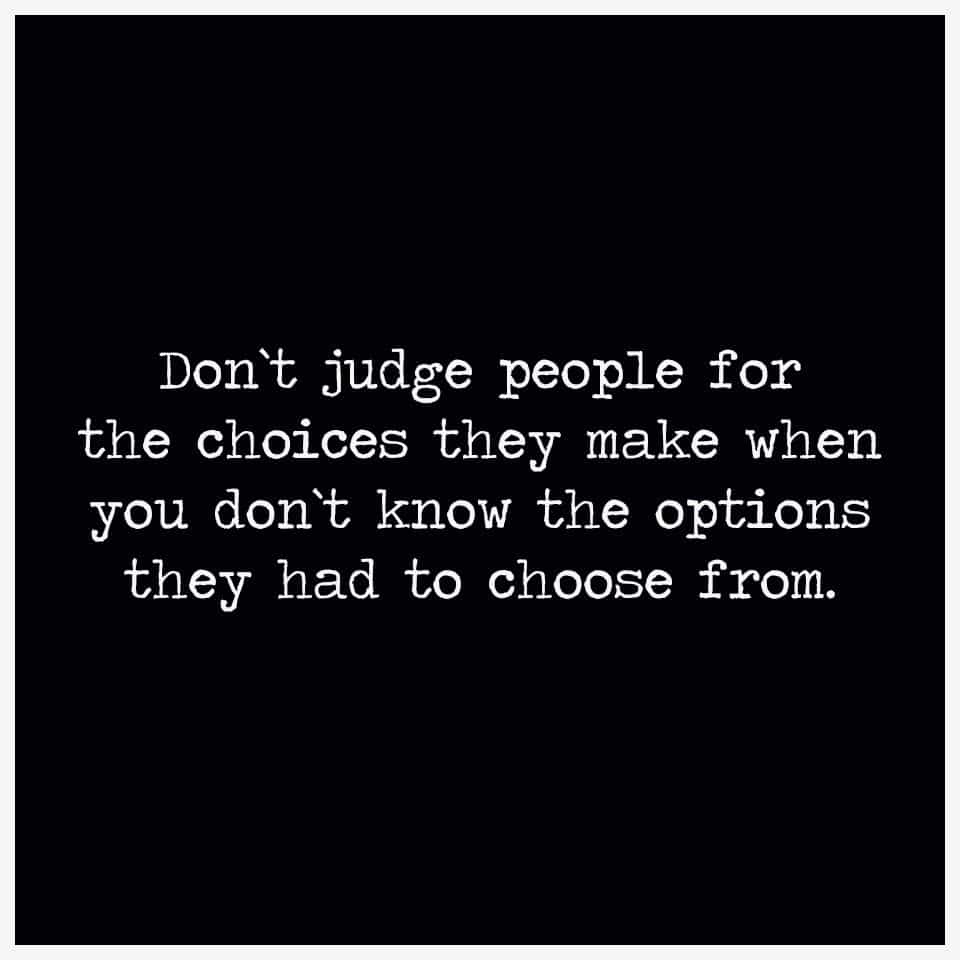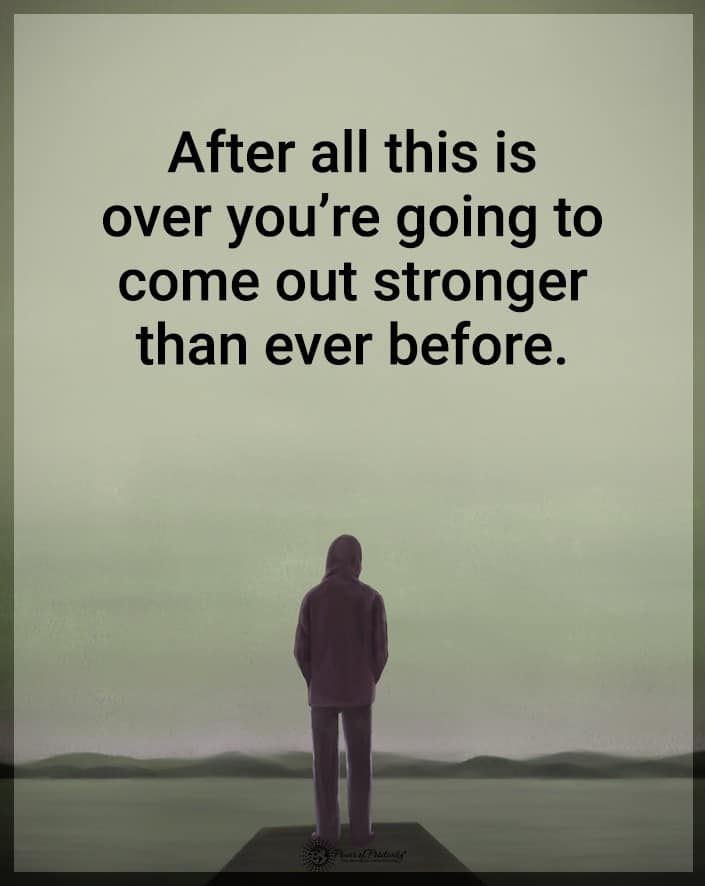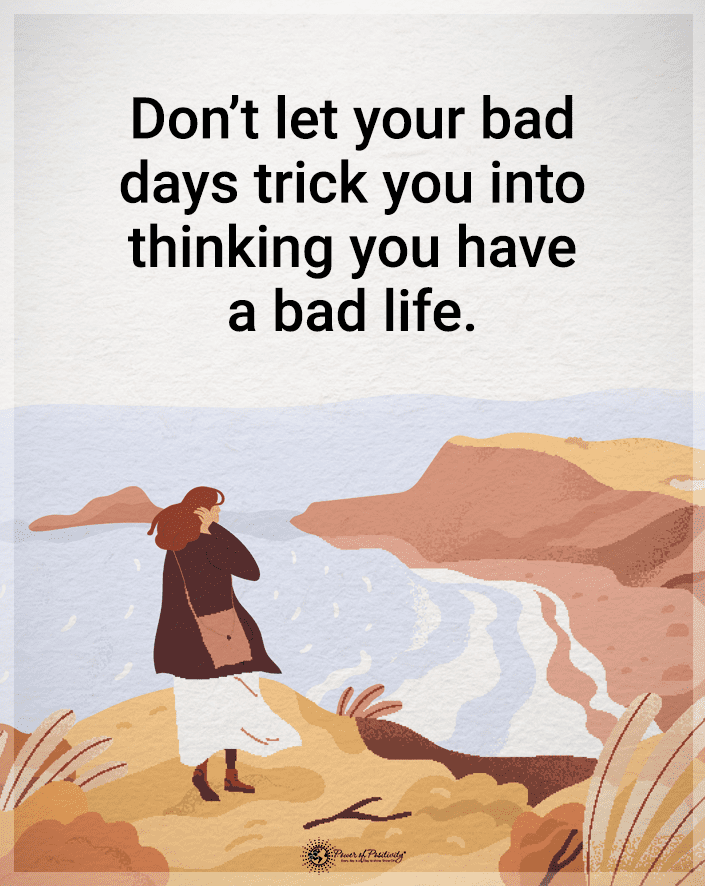You probably don’t consider dating a priority after getting a divorce for many reasons. Separating from your ex-wife or husband takes a huge toll on your mental and emotional health.
It can take a while to heal from such a life-altering event, especially if you’ve been together for many years. So, please be gentle with yourself and ease your way back into the dating scene on your own time.
Some people may not even want to date after getting a divorce, opting for the single life instead. The thought of being in a long-term relationship again may cause great anxiety or abandonment issues. Plus, being single can offer new opportunities for self-discovery and allow for expansion in other areas of life.
5 Common Reasons People Avoid Dating After a Divorce
So, don’t sweat it if you want to hold off on dating temporarily or permanently. You have plenty of reasons to savor the single life after a divorce, such as the following.
1. They Want to Rediscover Themselves After a Divorce.
People who have gotten divorced often have no energy for another relationship. They need time to heal and figure out their identity apart from their ex-wife or husband.
After years of being together, couples may feel like one person rather than separate selves, making divorce even more painful. So, dating isn’t even on the table for most people who recently divorced.
They need ample time to process their feelings before considering jumping into the dating scene. Being single can feel scary again, so most people lean on their support system for comfort.
When not spending time with friends and family, they may want to revisit old hobbies or interests. For instance, going on hiking trips may help them heal while also restoring their sense of self.
2. They’re Still Grieving From Their Last Marriage.
Please don’t rush into the dating scene if you’re still healing after a divorce. This process may require months or years before you feel ready to begin dating again. Usually, people go through five specific stages in their emotional recovery: Denial, Anger, Bargaining, Depression, and Acceptance.
Of course, it isn’t a linear process – you may skip one phase or oscillate between them depending on the day. You may feel wholly numb or experience every emotion at once, but your feelings deserve attention. After you and your spouse agree on getting a divorce, you may feel numb or that it’s all just a terrible nightmare. Being in denial is a natural reaction to a stressor or loss in life.
After a while, you may start to feel angry at your spouse for doing this to you. You may lash out at them or engage in unhealthy coping mechanisms to deal with the pain. Then, you try to reason with yourself and figure out where things went wrong.
Perhaps you could’ve saved the marriage if you had done things differently. After coming to terms with the reality of divorce, the depression starts to set in. You may lose your sense of purpose and identity, and the loneliness can feel overwhelming. However, after a while, you start to accept the divorce and realize that you will heal in time.
As you begin to heal, you may start thinking about rebuilding your life. Perhaps your optimism returns, and you feel a renewed excitement about the possibilities in life. Everyone gets there at their own pace after giving themselves space and permission to honor their feelings.
3. Dating May Seem Scary or Overwhelming.
Some people may choose to avoid dating because of the uncomfortable feelings it triggers. The prospect of dating can seem overwhelming after being with the same person for many years. Your ex knew you to the core, and your heart may not feel ready for that vulnerability with someone new.
Although, some studies show that mothers, in particular, benefit from high-quality relationships post-divorce. The research found that people in healthy relationships after divorce fare better than those who remain single. However, low-quality relationships can cause significant reductions in mental health after a failed marriage.
So, to increase your odds of finding a stable, happy partnership, it’s essential to mend your heart first. After doing so, you’ll be better positioned to decide who to allow into your life.
4. They Have Kids And Want to Respect Their Feelings.
If you have children with your ex, it can complicate things when it comes to dating. You want to ensure the children get along with your new partner, for one. You also don’t want to introduce an unfamiliar person into the family dynamic too quickly after a divorce. Children have a difficult time coming to terms with their parents separating.
So, you should consider your children’s feelings before bringing home a new partner. Have they had sufficient time to heal from the divorce? If you’re in a new relationship, make sure to ask about your children’s feelings before introducing them.
5. They’re Not Sure What They Want in a Dating Relationship.
Indecisiveness marks another common reason someone might delay dating after marriage. They didn’t have to think about dating after being with the same person for a while. So, they probably have no idea what they want in another partner after a divorce. Once they’ve healed from the heartache, they may decide to date around for a while before settling into a serious partnership.
Final Thoughts on Why People Don’t Start Dating After a Divorce
You’re not alone if you have no interest in dating after recently leaving a marriage. Most people don’t want to welcome a new person into their life while still reeling from the shock of a breakup. Especially if you’ve been married for decades, the idea of dating someone else may not even cross your mind. If you have children with your ex, that complicates matters even further.
Not to mention, you may want to spend time by yourself, simply reconnecting with your soul. Also, even if you’re ready to dip your feet into the dating pool, you may feel unsure about what you want. Give yourself time and space to heal; the right person will come along when you least expect it.

















 Community
Community

